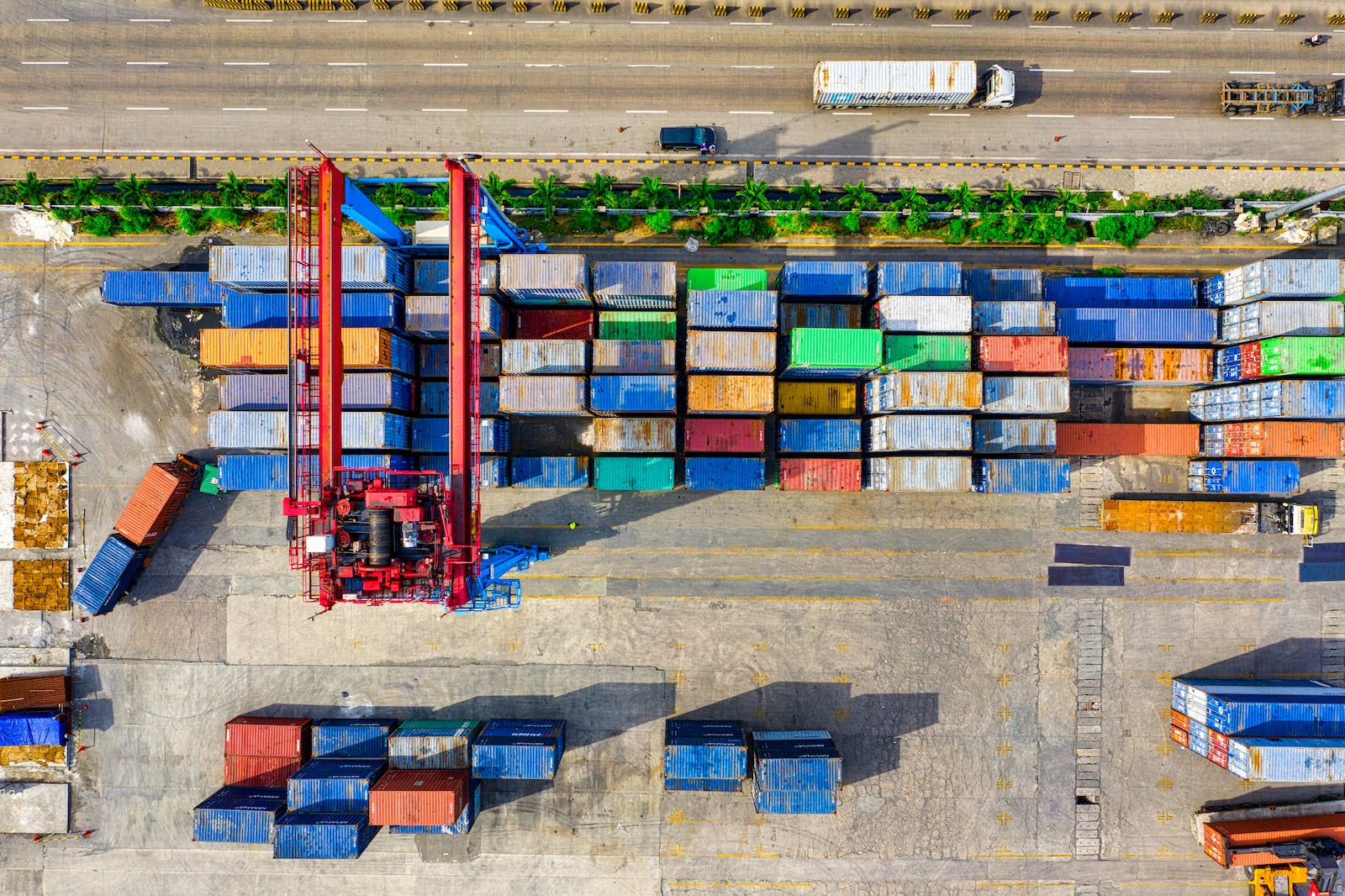Navigating Trade Disputes: India’s Customs Duties on ICT Products and WTO Implications

Introduction
Since 2014, the Indian Government has instituted customs and other duties on a range of Information and Communication Technology (ICT) products, encompassing diverse tax rates between 7.55% and 20%. This imposition has impacted the seamless movement of electronic and ICT goods, including telephones, mobiles, laptops, and other electronic devices, from numerous countries. Consequently, the European Union (EU), Japan, and Taiwan have contested these measures by the Indian Government, citing the emergence of tariff barriers as a result.
Keeping in mind these steps taken by the Indian Government, the European Union scheduled various consultations with the Indian Government in reference to these duties and contended that these were in clear violation of the norms laid down by the World Trade Organization and the agreed international rates of tariff. These contentions of the Union were also supported by Japan and Taiwan which constituted the major exporters of ICT products to India, leading to a Dispute Settlement Panel being formulated by the World Trade Organization which submitted its report in the year 2023.
Table of Contents
WTO Panel and contentions of WTO members
Under the General Agreements on Trade and Tariff (GATT), India and all other members of the World Trade Organization were required to undertake various agreements and come to a consensus with regard to trade and tariff policies, which included refraining from imposing excessive taxes in an unauthorised manner upon goods referred to as the bound rate. Moreover, the members of the GATT also agreed upon the Ministerial Declaration on Trade in Information Technology Products (ITA) which required all members to remove the duties imposed upon all ICT products. India became a member of ITA in 1997 when a total of 200 products were covered under the agreement.
It was contended on behalf of the Indian Government that at the time of committing to the ITA, the products upon which India has imposed tariff barriers did not come into existence and therefore were out of the preview of the ITA. Moreover, the addition of those products to India’s concessional schedule would not impact the commitment of India under the GATT since the terms were static and fixed. It was also claimed on behalf of India that the country’s consent under the 2007 amendment should not be deemed to be valid since it was taken erroneously by India and Article 48 of the Vienna Convention on Law of Treaties provides that any member can invalidate its consent to be bound by a treaty in case it claims an error of fact or any situation.
The WTO along with Japan, Taiwan and the European Union negated the contentions put forward by India on the grounds that once the commitments upon the items which India claimed to have been excluded were included in the amendment of 2007, they became binding on all parties including India and the commitments of the member countries were not rigid or fixed but static depending upon the modifications in the schedules.
Secondly, in reference to India’s claim in the revision of 2007 being an error on its part, the WTO Panel claimed that the defence under Article 48 of the Vienna Convention on Law of Treaties could not be taken in the present case since all the essentials were not fulfilled as India was already given a sufficient time frame and opportunity to comment upon the amendments while they were being incorporated into the schedules but India did not comment or put forward its response which led to the statutory requirements of Article 48 of the Vienna Convention not being fulfilled. Therefore, the Indian government was recommended by the WTO to bring its domestic customs measures in conformity with the WTO schedule commitments and remove the tariff barriers.
Way Forward for India
Even though the contentions of India for justifying its imposition of tariff barriers were negated by the Dispute Settlement Board of the WTO, the Indian government has an opportunity to put forward an appeal against the decision of the panel in front of the WTO Appellate Body. However, since the Appellate Body is currently non – functional, the decision may not come out in favour of the government.
Secondly, India also has an option to opt for a multi – party arbitration for an interim appeal as an alternative measure to sort out an effective measure between all the affected parties and stakeholders and resolve an amicable solution. Even though the decision of the WTO Panel is not immediately binding upon India, the duties have been already reduced to 0% as an interim measure on all the ICT products paving the way for compliance by the government.
Conclusion
The present observations of the WTO Dispute Settlement Body against India have clearly stated that the tariff duties and barriers imposed by India which were contrary to the settled norms between the countries are invalid and cannot be maintainable by India. However, since the appellate body is currently non – functional, India has reduced its tariffs to 0% which has led to no conditions of dispute between the nations.
Moreover, various trade agencies and experts have also predicted that since it may take a long time to settle the dispute at the appellate level which may also not be possible in the near future, it is a sustainable and prudent step on India’s behalf to abide by the internationally agreed standards of trade and tariffs.
King Stubb & Kasiva,
Advocates & Attorneys
New Delhi | Mumbai | Bangalore | Chennai | Hyderabad | Mangalore | Pune | Kochi | Kolkata
Tel: +91 11 41032969 | Email: info@ksandk.com
By entering the email address you agree to our Privacy Policy.